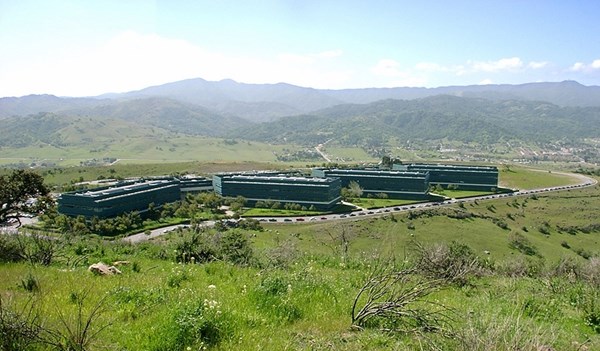Novel Catalyst For Cheaper Biodegradable Plastics
IBM Research and Stanford chemists come up with new chemical approaches to generate biodegradable plastics.
IBM Research and Stanford chemists come up with new chemical approaches to generate biodegradable plastics.
The search for new ways to more efficiently and inexpensively create biodegradable plastics continues on many fronts as we have been reporting within the last couple of years as seen here, here and here.
Now, a long-standing collaboration between IBM Research—Almaden, San Jose, Calif. and Stanford University’s Chemistry Department has culminated in the development of a new chemical catalyst that the researchers claim can be used to produce cheaper biodegradable plastics from plants such as palm trees and beets.
The research group headed by Robert Waymouth of Stanford and James Hedrick of IBM looked for an alternative to the standard, metal-based catalysts used to make biodegradable plastics. These catalysts are difficult or expensive to remove from the final material, and do not degrade in the environment. Their new catalyst is an organic substance that reportedly lowers the energy required for the conversion from plant to plastic to take place.
The researchers crafted it by reacting common chemical ingredients—thiourea and metal alcoxide. “While many catalysts are either fast or selective, these catalysts are both. They are simple to prepare, easy to use, and can be readily adopted by anyone with a basic knowledge of chemistry,” said Professor Waymouth. When a catalyst is both fast and selective, it means that it excels at accelerating and facilitating reactions and that it doesn’t alter the resulting polymer’s shape or properties once it is formed.
Not only does the new catalyst design lower the cost and environmental impact, but it is highly tunable. Weymouth noted that it can be used to generate several varieties of plastic suitable for different functions. For example, the catalyst can produce PLA for use in disposable plastic items such as tableware, cups, plates and forks; medical products such as resorbable sutures, implants and stents, as well as biomedical implants and drug-delivery systems; food packaging; and, non-woven fabrics.
Moreover, because this technique is relatively simple and the catalysts are readily modified, the researchers see further advances that can lead to a new and broadly useful class of catalysts—and likewise, new and useful biodegradable plastics, beyond what was identified in their study, “Fast and Selective Ring-Opening Polymerizations by Alkoxides and Thioureas,” which was published in the July issue of Nature Chemistry, and which was partly funded by the National Science Foundation.
IBM Research—Almaden is also the “birthplace” of several recent plastics and recycling achievements including the discoveries of: a new process to recycle plastics into nonfibers designed to specifically target and attack fungal infections; an entirely new class of plastics; a new plastic macromolecule that could help prevent deadly virus infections; and a new method for recycling CDs into non-toxic plastics for water purification and medicine.

Related Content
-
PHA Compound Molded into “World’s First” Biodegradable Bottle Closures
Beyond Plastic and partners have created a certified biodegradable PHA compound that can be injection molded into 38-mm closures in a sub 6-second cycle from a multicavity hot runner tool.
-
50 Years of Headlines … Almost
I was lucky to get an early look at many of the past half-century’s exciting developments in plastics. Here’s a selection.
-
Advanced Biobased Materials Company PlantSwitch Gets Support for Commercialization
With participation from venture investment firm NexPoint Capital, PlantSwitch closes it $8M bridge financing round.















